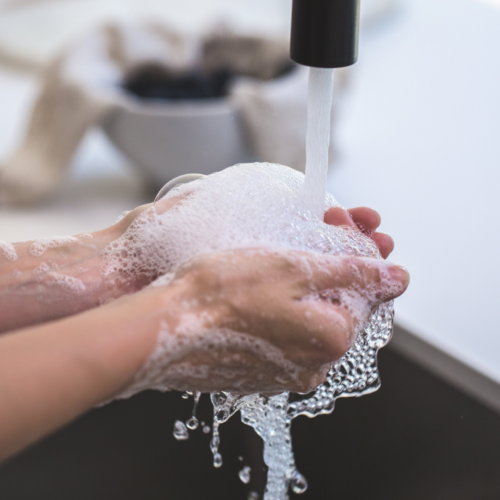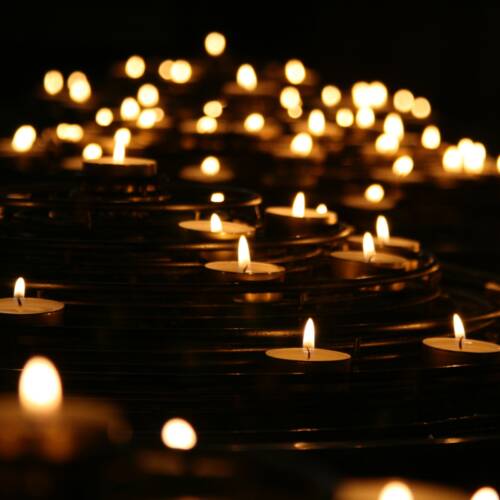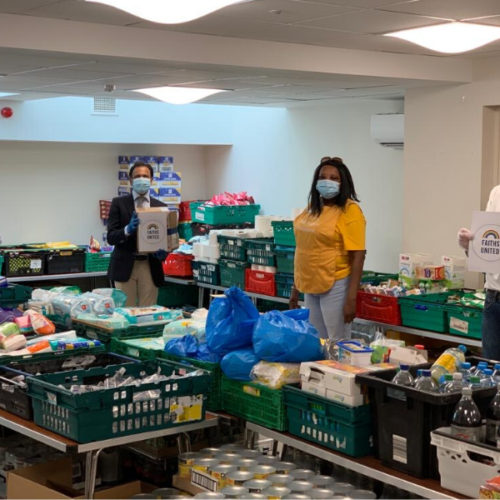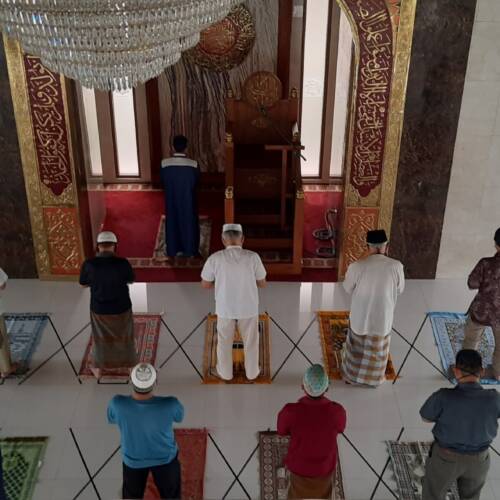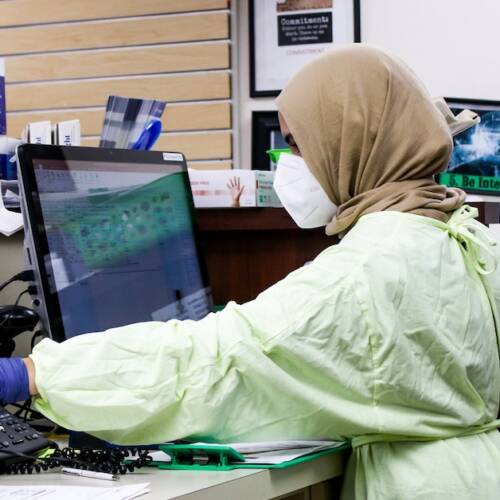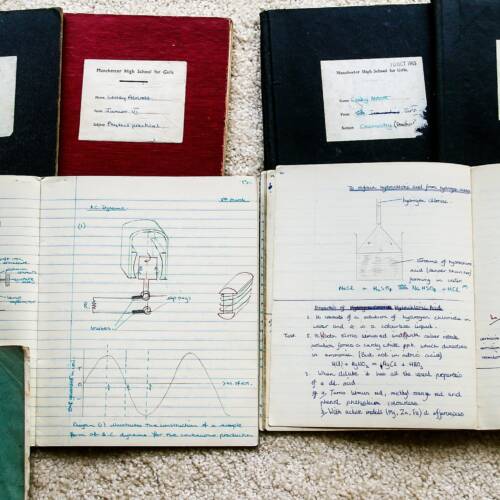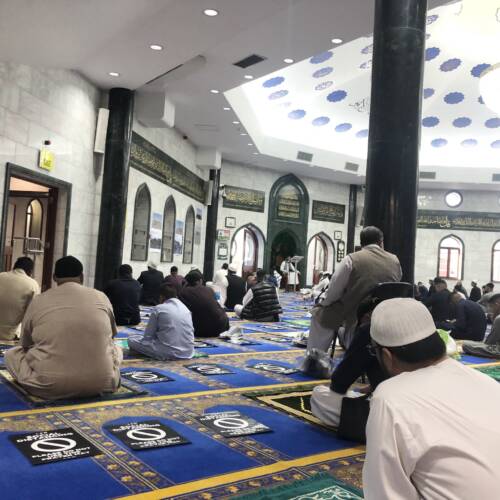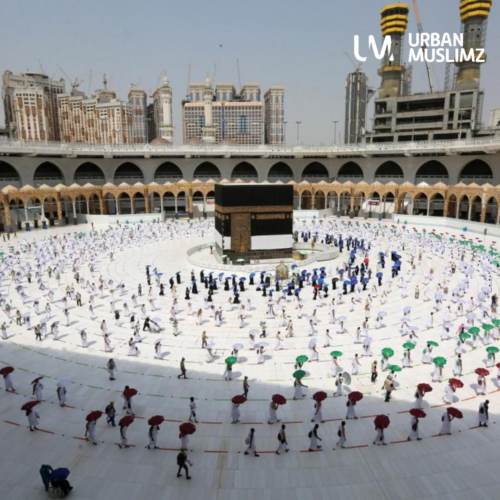
Sri Lankan Muslims Criticise Government Enforcement of Cremation
18 Apr 2020Rights groups in Sri Lanka, as well as the World Health Organisation (WHO), the United States and the United Nations have criticised a decision by the government that would require all those who died of COVID-19 infection to be cremated. The decision, which has since been enforced on a number of cases, goes against the traditional burial practices of the Islamic faith and has been accused of being politically-motivated rather than borne out of genuine health concerns.
The Indian Ocean nation has, which had 238 confirmed cases and seven deaths so far, initially allowed for traditional Islamic burial practices alongside cremation. However, on early April, the Sri Lankan Ministry of Health reversed the decision, instead making cremations the standard procedure for disposing the bodies of those who died due to COVID-19 infection. The Ministry also said that the body should not be washed and should be placed in a sealed bag and a coffin despite such practices also being against traditional practices.
Already, three Muslims who are among the seven victims of the Coronavirus in the country have been cremated despite the protests of their relatives. According to the family of Bishrul Hafi Mohammed Joonus, who was the first Muslim in the country to due to of the virus, the family was able to pray outside the morgue, but were unable to hold the traditional Janazah prayers. The country’s Health Minister, Pavithra Wanniarachchi, said that the prevention of prayers and last rites was due to the highly contagious nature of the virus.
Not Mandated by WHO Guidelines
The Ministry’s decision goes against the guidelines provided by WHO which argues that bodies of those who died of the coronavirus can be buried or cremated. Although there have been some recent indications to suggest that dead bodies can still result infections, this has not been proven conclusively and the WHO has not altered its guidelines for burial practices.
However, Sri Lankan officials have defended themselves on grounds that the ground water level of Sri Lanka is much higher than other places and that there is a heightened risk of burials causing the virus the spread. Officials also noted that the extended time to bury the bodies would also raise the risk of infections and have, so far, rejected the proposals by the Sri Lanka Muslim Congress on grounds that all the proposals go against WHO guidelines.
These explanations, however, were met with scepticism by the country’s Muslim population, making up about 10% of the country’s overall population, who accuse authorities of callous disregard borne out of political motivations. Hilmy Ahamed, vice president of Muslim Council of Sri Lanka, accused the government of being held “ransom” to extremist Buddhist groups. Ahamed added that the WHO guidelines have been practiced in the United Kingdom, most of Europe, Singapore, Hong Kong and all the Muslim nations.
The compulsory cremations have also garnered criticism from a number of other bodies. Biraj Patnaik, South Asia Director at Amnesty International, highlighted that burial practices, especially where permissible under international guidelines, should be allowed to let grieving families bid farewell to relatives and prevent deepening divisions. The US Commission On International Religious Freedom also expressed concerns about forced burials, describing them as a violation of Islamic Practices and reiterated that WHO practices allow for burials. The UN’s Special Rapporteur on Freedom of Religion or Belief, Ahmed Shaheed, also urged the Sri Lankan government to change its decision. Shaheed also warned that Sri Lankan media outlets have been inciting hatred against Muslims.
Worsening Intercommunal Tensions
Tensions around burial practices risks worsening intercommunal tensions that have existed since the country’s civil war. Although the country’s Muslim community was not a party to the conflict, some Buddhist groups were accused of attacking Muslim businesses and places of worship. The tensions worsened in 2019 after terrorists allegedly affiliated with Daesh attacked churches and hotels in Colombo during Easter, killing 259 people. In the aftermath, the country witnessed anti-Muslim riots, as well as evictions of Sri Lankan Muslims by majority Sinhalese landlords.
There are fears that the tense environment, in conjunction with the wider, “militarised” response to the COVID-19 outbreak by the government that has seen suspension of numerous civil liberties, can erode the country’s recovery from the attack, as well as the decades-long civil war that ended in 2009.






